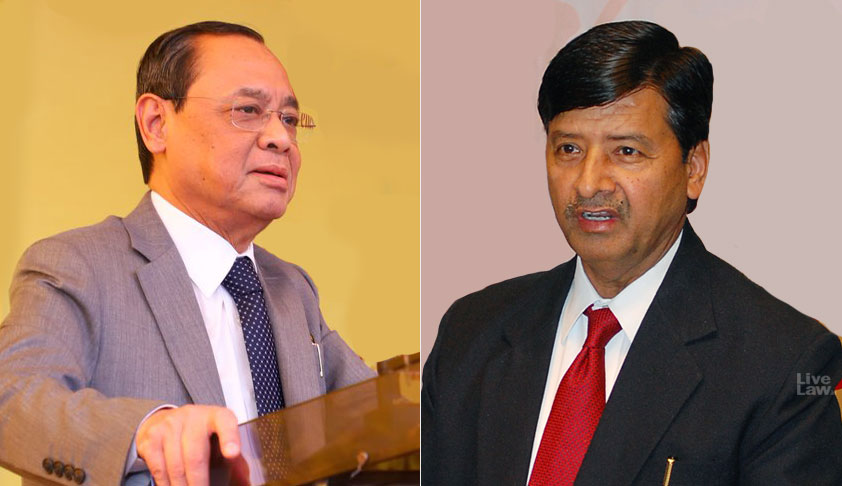Next Story
26 Nov 2018 6:35 PM IST
The Supreme Court on Monday refused to entertain a fresh petition challenging Article 370 of the Constitution of India which grants autonomous status to the state of Jammu and Kashmir.A bench of Chief Justice Ranjan Gogoi and Justice Ajay Rastogi said the issue was already pending before the court and asked the petitioners—Vijay Mishra and Sandip Lamba—to instead move an application...

